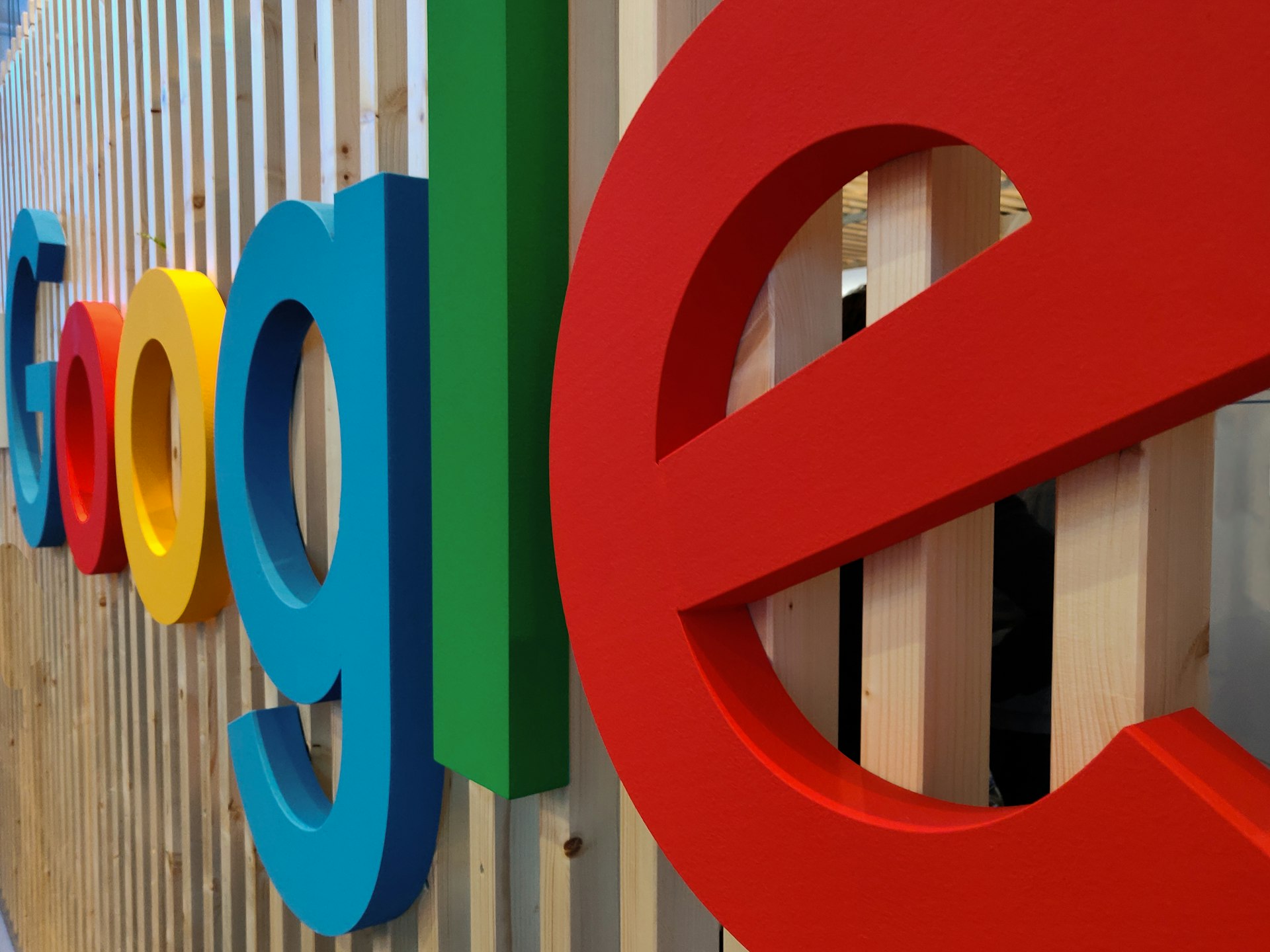How AI-Driven Coaching Assistants Are Transforming Personal and Professional Development

Photo by Catia Climovich on Unsplash
Introduction
Artificial Intelligence (AI) is rapidly reshaping the field of coaching, bringing unprecedented innovation to how individuals and organizations approach professional growth, skill development, and personal transformation. AI-driven coaching assistants leverage advanced data analytics, natural language processing, and machine learning to provide accessible, personalized, and evidence-based support. Unlike traditional coaching, these digital assistants are available around the clock, offer unbiased feedback, and can adapt their guidance in real time. This article explores the evolving role of AI-driven coaching assistants, detailing their benefits, implementation strategies, challenges, and practical ways to access their advantages.
What Are AI-Driven Coaching Assistants?
AI-driven coaching assistants are software-based solutions designed to support individuals and teams in achieving their goals through interactive, personalized guidance. They may function as chatbots, virtual assistants, or integrated platforms within corporate learning environments. These tools can analyze user inputs, track progress, and provide targeted recommendations based on a user’s unique needs and objectives. AI assistants can be applied in various domains, including executive coaching, team development, career transitions, and personal growth [1] , [2] .
Key Benefits of AI-Driven Coaching Assistants
The integration of AI into coaching brings several distinctive advantages:
1.
Enhanced Personalization and Precision
AI-powered tools process vast datasets to understand a user’s work habits, learning preferences, and developmental needs. This enables the creation of personalized coaching plans, which can be refined dynamically as users progress. For example, an executive’s leadership style and performance metrics can be analyzed to tailor feedback and growth strategies, ensuring that coaching remains relevant and impactful [1] .
2.
24/7 Availability and On-Demand Support
Unlike human coaches, AI assistants are accessible at any time, delivering instant responses to queries or challenges. This always-on support is invaluable during high-stress situations, decision-making moments, or when users need timely reinforcement of positive habits. By leveraging chatbots or mobile apps, users can receive nudges, reminders, and feedback exactly when needed [5] .
3.
Objective, Data-Driven Insights
AI-driven coaching assistants provide unbiased feedback based on behavioral data and performance analytics. This objectivity reduces the risk of favoritism, emotional influence, or unconscious bias, fostering trust in the feedback process. Sensitive issues can be addressed in a judgment-free, confidential digital environment, making users more comfortable to share and reflect [5] .
4.
Scalability and Accessibility
Organizations benefit from the scalability of AI coaching-these solutions can reach large groups of employees simultaneously, providing consistent support across teams and geographies. This results in cost savings and democratizes access to high-quality coaching, which was previously limited to senior leaders or specific roles [3] .
5.
Continuous Feedback and Progress Tracking
AI assistants monitor progress in real time and adjust recommendations as needed. Users receive regular, actionable feedback that helps them stay motivated and focused on their goals. Features like gamification, progress dashboards, and habit reinforcement strategies further enhance long-term engagement [5] .
6.
Closing Skills Gaps and Targeted Development
AI-driven coaching can identify and address skills gaps through tailored learning paths. For example, if an employee requires improvement in communication or conflict resolution, the assistant can suggest relevant resources, simulations, or role-play exercises. This targeted approach accelerates professional growth and increases workforce competitiveness [2] , [3] .
Real-World Examples and Case Studies
Many organizations have adopted AI-driven coaching to enhance employee development programs:

Photo by (Augustin-Foto) Jonas Augustin on Unsplash
- Enterprise Learning Platforms: Large companies integrate AI coaching into their Learning & Development (L&D) systems, enabling personalized training modules for thousands of employees simultaneously [3] .
- Career Transition Support: Some HR tech firms offer AI-based tools to guide professionals through job searches, resume building, and interview preparation [2] .
- Hybrid Coaching Models: Several executive coaching practices now combine human expertise with AI-driven feedback, offering a blend of empathy and data-led insight [1] .
How to Access AI-Driven Coaching Assistants
There are several practical ways to benefit from AI-driven coaching:
- Corporate Solutions: If you work for a medium-to-large organization, inquire with your Human Resources or Learning & Development department about AI-powered coaching platforms that may be available internally. Many companies now offer digital coaching as part of employee benefits.
- Personal Use: Individuals seeking personal or career coaching can explore reputable coaching technology providers. When researching, look for platforms with transparent privacy policies, positive user reviews, and clear evidence of AI-driven personalization.
- Professional Associations: Some professional associations and industry groups partner with AI coaching vendors to provide members with access to cutting-edge tools. Check with your association for available resources or pilot programs.
- Research and Compare: Because the field is evolving, you can search for terms like “AI coaching platform,” “AI career coach,” or “AI executive coaching” in reputable tech review publications or HR technology news sites.
Implementation: Step-by-Step Guidance
To implement AI-driven coaching assistants in your organization or personal development plan, follow these steps:
- Assess Your Needs: Define your goals-do you want to improve leadership, facilitate team collaboration, or support career transitions?
- Evaluate Providers: Research available platforms, focusing on user testimonials, data privacy standards, and compatibility with existing systems. Consider requesting product demos or trial accounts when available.
- Integrate with Existing Processes: For organizations, involve IT, HR, and end-users in pilot programs to ensure seamless integration and high adoption rates.
- Monitor Outcomes: Track engagement, feedback, and measurable improvements. Adjust coaching strategies based on analytics and user input to maximize impact.
- Encourage Ongoing Engagement: Use gamification, regular check-ins, and adaptive feedback to maintain motivation and continuous improvement.
Potential Challenges and Solutions
While AI-driven coaching assistants offer many benefits, they also present challenges:
- Data Privacy: Ensure that any platform used complies with industry privacy standards. Only share sensitive information on platforms with strong encryption and transparent privacy practices.
- Human Touch: Some users may miss the empathy and intuition of human coaches. Hybrid models-combining AI tools with periodic human consultation-can provide the best of both worlds [5] .
- Change Management: Introducing AI tools requires clear communication, training, and support to overcome resistance and maximize adoption.
- Continuous Improvement: Regularly update and evaluate AI coaching strategies to keep pace with evolving needs and technologies.
Alternative Approaches
Some organizations may prefer to use human-only coaching or blend AI tools with traditional methods. Consider:
- Engaging certified human coaches for complex, emotional, or high-stakes situations
- Using AI-driven assistants for initial assessments, progress tracking, and ongoing support
- Regularly soliciting user feedback to refine the balance between digital and human coaching
Summary and Key Takeaways
AI-driven coaching assistants are revolutionizing the coaching landscape by making personalized, data-driven guidance accessible to more people and organizations. Whether you’re seeking to address specific skill gaps, accelerate professional growth, or scale coaching across your company, these tools provide actionable solutions. To get started, research reputable platforms, consult with your HR department or professional network, and consider hybrid approaches for optimal results.
References
- [1] The Growing Seed (2024). Advantages of Using AI in Executive Coaching, Team Coaching, and Career Coaching.
- [2] AI HR Institute (2024). Enhancing Career Coaching with AI-Powered Assistants.
- [3] Retorio (2024). What is AI Coaching? 5 Reasons Why You Need it.
- [4] TalentTelligent (2024). The Powerful Role of Artificial Intelligence for Coaches.
- [5] Highrise (2024). What Is AI Coaching?: Benefits and Top Tools for Success.



